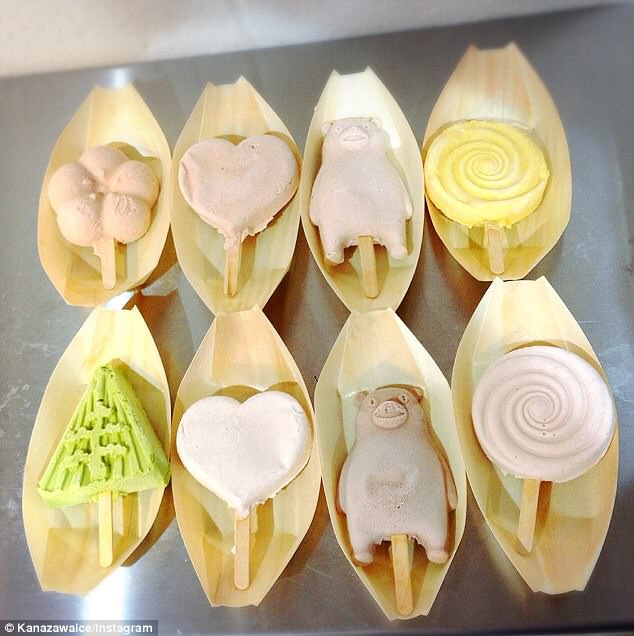Japanese scientists create ice cream that doesn’t melt
It’s a summertime miracle!

The future is now, folks: Japanese scientists have discovered a completely organic way to make ice cream retain its shape and not melt for several hours. Your taste buds won’t notice, unless you have the patience and willpower to observe rather than eat your frozen treats this summer.
A team of Japanese scientists has developed a way to make and sell a type of ice cream that does not melt, capitalizing on a discovery made accidentally by a chef. Most ice cream starts melting just moments after it is scooped from a container and placed into a bowl or on a cone.
Because of this, people have taken to eating it quickly. But now that may change, as a team in Japan has found a way to maintain the shape of ice cream no matter how slowly it is eaten.
The ice cream reportedly came about by mistake after a chef in Japan was asked to find a way to use strawberries grown in areas impacted by the earthquake and tsunami back in 2011—they wouldn’t grow in a normal shape, so customers wouldn’t buy them.
The chef tried to use the strawberries in other ways, and at one point, complained that they caused cream to solidify. Hearing of the complaint, a team at Kanazawa University took a closer look and discovered that a compound called polyphenol in the strawberries was responsible for solidifying the cream. The extract, they found, makes it difficult for water and oil to separate, which is what occurs in regular ice cream. They tried mixing it with ice cream and found it would prevent the ice cream from melting.
Because the extract is completely natural, it did not require testing by health inspectors—instead, it was made available to local shop owners who gladly began selling the ice cream in prepressed shapes on sticks or forms to customers who were more than happy to try it. Local media picked up the story, and soon, the news spread around the world. Local newspapers have been running stories reporting on how the ice cream tastes (apparently still good) and how well it stands up to warm temperatures.
Some customers would hold their ice cream for many minutes in direct sunlight to see if it will melt. Others took a harsher approach, subjecting samples to hair dryers or other artificially heated environments.
By all accounts, the ice cream maintains its shape for several hours in warm weather, and still feels chilly in the mouth. Because the new ice cream is still so new, it is not clear if it will migrate to other countries. Currently, it is only for sale in Japan.
